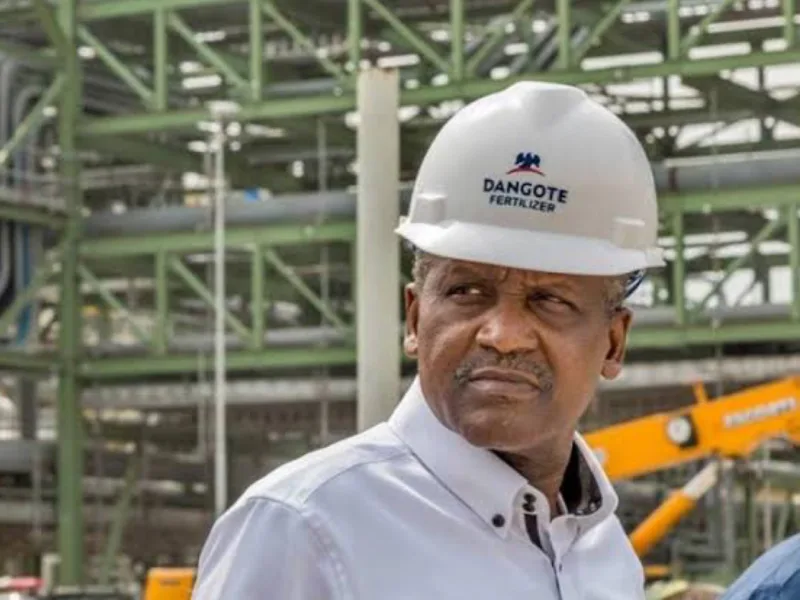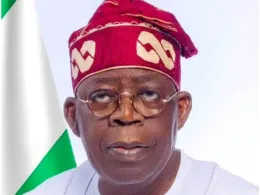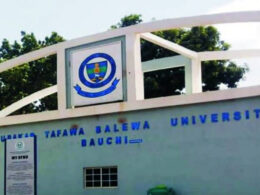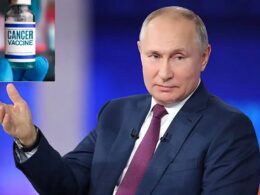Aliko Dangote, Africa’s wealthiest individual and Chairman of the Dangote Group, has announced that Nigeria will no longer need to import gasoline starting next month, thanks to the Dangote Refinery’s plans. Speaking at the Africa CEO Forum Annual Summit in Kigali on Friday, Dangote expressed confidence in transforming Africa’s energy sector, noting that the refinery can also meet West Africa’s diesel and petrol needs, as well as the continent’s aviation fuel demand.
Dangote declared, “By sometime in June, within the next four or five weeks, Nigeria shouldn’t import anything like gasoline; not one drop of a litre.”
He highlighted the refinery’s capacity to make Africa self-sufficient in energy, stating, “We have enough gasoline for at least the entire West Africa, diesel for West and Central Africa, and sufficient aviation fuel for the continent, with potential exports to Brazil and Mexico. Our polypropylene and polyethylene production will meet all of Africa’s needs, and we are producing base oil and linear alkylbenzene for detergents, which no one else in Africa produces.”
Dangote also emphasized the continent’s future self-sufficiency in fertilizer. “In three to four years, Africa will not need to import fertilizer. We will produce enough potash, phosphate, and urea to meet our needs. Our current production is three million tonnes, and we will reach six million tonnes in twenty months,” he said.
Reflecting on the company’s growth, Dangote noted, “We aimed to grow our revenue from five billion dollars to thirty billion dollars in five years, and we achieved it. We have completed our refinery, which is vital for Africa. Currently, only Algeria and Libya do not import petroleum products, a situation we need to change.”
He stressed the importance of processing raw materials domestically to create jobs and reduce poverty, stating, “Exporting raw materials while importing finished products equates to importing poverty and exporting jobs. We must shift this narrative.”
Dangote acknowledged the challenges in building the refinery, particularly resistance from those benefiting from the status quo. He remarked, “There was significant pushback because many people were accustomed to profiting without a refinery. However, we were committed to investing in Africa, and despite doubts, we succeeded.”
He identified policy inconsistency as a major hurdle for African entrepreneurs and called for support from leaders to improve trade conditions on the continent.
“Despite challenges, including policy inconsistency, we have delivered on our promise. Now, we are producing jet fuel and diesel, and by next month, we will produce gasoline. Our 650,000 barrels per day capacity will supply not only Nigeria but also West, Central, and South Africa. This is just the first phase, with expansion planned for early next year,” he concluded.










Join our Channel...